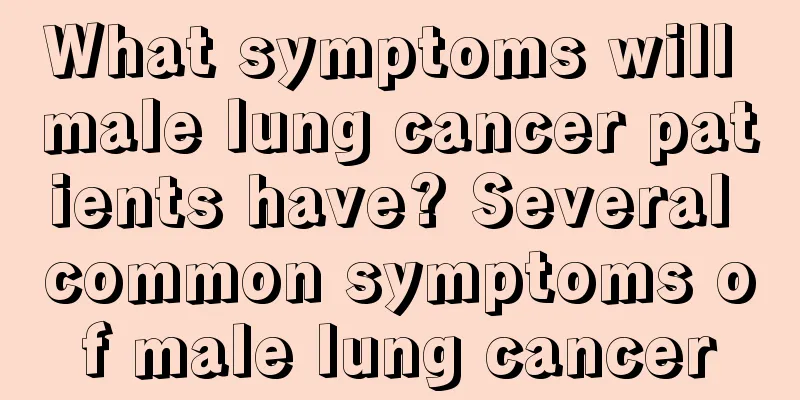Acute urticaria eradication

|
When urticaria occurs, small red spots often appear on the surface of the skin, accompanied by unbearable itching. When such a phenomenon occurs, it is best to go to the hospital for examination and symptomatic treatment in time. If your child develops urticaria, take the child to the hospital in time and use medication under the guidance of a doctor. Gradually, the child's condition can be controlled. Causes 1. Food, animal and plant factors. 2. Drugs, such as penicillin, sulfonamides, furazolidone, serum vaccines, etc., often cause urticaria through immune mechanisms. Drugs such as aspirin, morphine, atropine, and vitamin B1 are histamine releasers that can directly cause mast cells to release histamine and trigger urticaria. 3. Infections, including viruses (such as hepatitis viruses), bacteria (such as Staphylococcus aureus), fungi and parasites (such as roundworms, etc.). 4. Physical factors such as temperature changes, sunlight, friction, pressure, movement, etc. can cause it. 5. Certain autoimmune diseases, gastrointestinal diseases, metabolic disorders, endocrine disorders and mental factors can also cause it. Clinical manifestations In acute attacks, there is itching and wheals of varying sizes all over the body. Wheals may merge into large lesions or form map-like lesions. The lips may swell, or the pharyngeal isthmus may swell, causing laryngeal edema, resulting in difficulty breathing or even suffocation. The lesions often disappear within a few hours, but new lesions continue to appear. The whole body may be accompanied by fever, asthma and difficulty breathing, abdominal pain or bloating, and diarrhea. Severe patients may experience symptoms such as low blood pressure, dizziness, chest tightness, and rarely even shock. Most patients only have wheals and itching but no other symptoms. treat 1. Find out the cause of the disease, check the allergens, and focus on eliminating the cause. When there is an infection, antibiotics are often required, and suspected allergenic drugs and foods should be discontinued. 2. Antihistamines are the main drugs for treating various types of urticaria and can control symptoms in most patients. First-generation antihistamines such as diphenhydramine and chlorpheniramine maleate have sedative effects and can easily pass through the blood-brain barrier, causing drowsiness and anticholine side effects. Workers working at heights, drivers, and patients with glaucoma and prostatic hyperplasia should use them with caution. Second-generation antihistamines such as loratadine and cetirizine are not easy to cross the blood-brain barrier and are well tolerated. Vitamin C and calcium supplements can also be used for acute urticaria. For severe acute urticaria and laryngeal edema, glucocorticoids are often used, especially for urticaria complicated by anaphylactic shock. |
<<: Smelled musk in early pregnancy
Recommend
How to get rid of leftover milk
During the breastfeeding period, some mothers hav...
Advantages of CT virtual colonoscopy technology
In recent years, with the rapid development of CT...
Be careful not to become bald if you wash your hair like this
In fact, many people will find a phenomenon in li...
Do you take drooling while sleeping seriously? I didn't expect it to cause so much harm
The phenomenon of drooling while sleeping is not ...
What is the difference between baking soda and alkali powder
In our daily life, pasta is a popular staple food...
Tips on how to dye your hair yourself
With the improvement of the quality of life, wome...
The stool is not formed and cannot be passed cleanly
In our lives, many people are prone to unformed s...
Will abrasions leave scars?
It is easy for us to get our skin scratched in ou...
How to prevent mosquito bites
In hot summer, there are more mosquitoes. At this...
Can I drink alcohol when I have a cough? It turns out to be like this
Can I drink alcohol when I have a cough? This pro...
How to treat advanced lung cancer effectively? Inventory of treatment methods for advanced lung cancer
I believe everyone is familiar with lung cancer. ...
How to use rice water
Rice water is quite common in our daily life. It ...
How to relieve chest tightness and panic?
In life, we may experience uncomfortable symptoms...
What are some folk remedies for lung cancer treatment? Here are some treatments for lung cancer
Lung cancer is a relatively common malignant tumo...
How much do you know about the harm of fibroids
Fibroids, when most people hear the name, they th...









